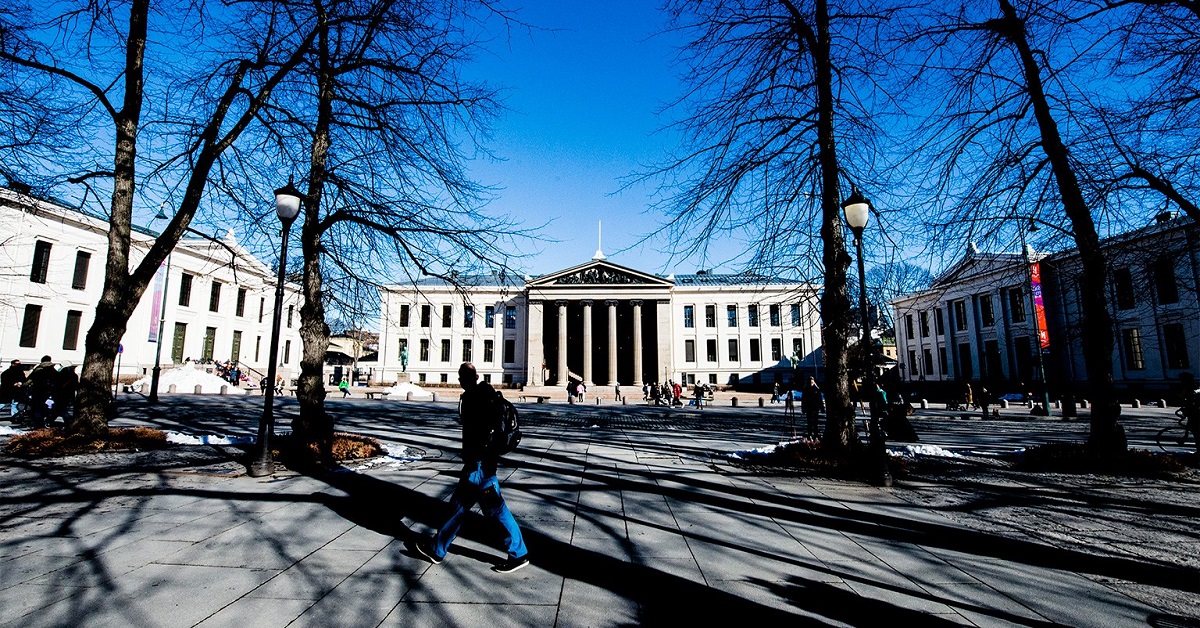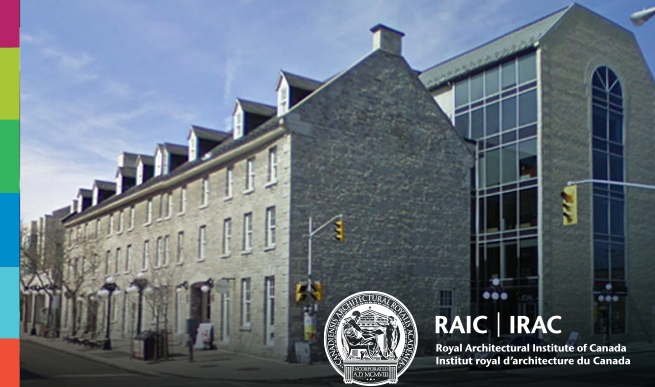
A Doctoral Research Fellowship in Medical Anthropology is available at the Institute of Health and Society (HELSAM), Department of Community Medicine and Global Health, University of Oslo. The Doctoral Fellowship is associated with the interdisciplinary RCN-Fellesløft project “Anthropogenic Soils: Recuperating Human-Soil Relationships on a Troubled Planet (SOILS)”, 325635/ME, led by Associate Professor Ursula Münster. The project recruits a total of three Doctoral Research Fellows in Environmental Humanities (IKOS), Medical Anthropology (HELSAM), and Science and Technology Studies (TIK).
About the project
SOILS studies various dimensions of transforming human-soil relations in the Anthropocene. Our multidisciplinary research investigates how people in different parts of the world have invented, practiced, and imagined ways of recuperating soil health. The project conceptualizes soil not as natural resource to be exploited, but as “anthropogenic”, as lively and dynamic natural-cultural composition responsive to human recuperation and healing. Closely collaborating in five work packages, SOILS combines empirical studies of repairing contaminated, toxic, and depleted soils in different parts of the globe – from South Asia to Norway and the Arctic – with speculative and artistic and research into the ways in which Indigenous writers and artists offer alternative modes of relating to soils, and for building possible future of earthly survival.
SOILS has three major objectives:
1) Develop knowledge about dispersed and little-known technologies and practices of soil repair in landscapes damaged by industrial agriculture, or toxic and radioactive legacies; 2) Explore the role of relational and multispecies soil imaginaries in technoscience, agriculture, literature, and the arts for building more sustainable futures; 3) Create awareness of soils as living multispecies ecologies responsive to human care, both within academia and in the public sphere.
The Doctoral Research Fellow will carry out an individual sub-project as part of the larger SOILS team in the context of South Asia. The Doctoral Fellow is expected to formulate and implement a research project in South Asia, preferably India, connected to Work Package 2 “Healing Soils” (led by Associate Professor Daniel Münster), which includes ethnographic studies in South Asia (medical anthropology) and Norway (environmental humanities). South Asia is of particular interest to the SOILS project as discussions about and practices of alternative soil repair (e.g. Natural Farming) happen in a political-ecological context of small-scale farming and a cultural climate in which rejection Green Revolution agriculture overlaps with critiques of Biomedicine (e.g. expressed in Nature Cure movements). WP2 studies how people respond to soils and landscapes degraded by land use practices in agriculture and agroforestry. This work package aims to rethink soil health beyond productivity. How can soil help us conceptualize health from an ecological, more-than-human, perspective? We take questions regarding soil degradation as a starting point to ask about ways to conceptualize and act upon planetary health – from the ground up. The Doctoral Fellow will conduct research with farmers, entrepreneurs, scientists, foresters, or gardeners who are experimenting with organic methods and multispecies technologies (involving plants, fungi, bacteria) to recuperate soils from damages of industrial agricultural land use and work toward a more sustainable economy.
More about the position
The person appointed will be affiliated with the organized research training at the Faculty of Medicine and is expected to complete the project within the set fellowship period. The academic work is to result in a doctoral thesis that will be defended at the faculty with a view to obtaining the degree of PhD. The successful candidate is expected to join the existing research milieu or network and contribute to its development.
For more information about the doctoral degree: Doctoral degree: PhD in medicine and health sciences – Faculty of Medicine (uio.no)
The appointment is for a duration of 3 years.
PhD Candidates who submit their doctoral dissertation for assessment with a written recommendation from their supervisor within 3 years or 3 ½ years after the start of their PhD position, will be offered, respectively, a 12 or 6 month Completion Grant.
Intended start date is 1 st May 2023, or as soon as possible thereafter.
Qualification requirements
- Masters degree or equivalent, preferably in Social and Cultural Anthropology or a related field, such as STS, sociology, geography, area studies, medical humanities, social medicine. Medical Doctors with documented interest in social/community medicine or environmental health.
- Fluent oral and written communication skills in English
- Very good skills in a South Asian language is an advantage, but not a requirement
- Personal suitability and motivation for the position.
The Master’s Degree must have been obtained by the time of application. To be eligible for admission to the doctoral programmes at the University of Oslo, applicants must, as a minimum, have completed a five-year graduation course (Master’s degree 120 ECTS or equivalent), including a Master’s thesis of at least 30 ECTS. In special cases, the Faculty may grant admission on the basis of a one-year Master course following an assessment of the study programme’s scope and quality. Only applicants with grade points A or B on the ECTS scale will be qualified for admission to the PhD programme.
In assessing the applications, special emphasis will be placed on:
- The project’s scientific merit, research-related relevance and innovation
- Ability to engage critically and creatively with relevant theoretical and conceptual frameworks within medical and environmental anthropology of Planetary Health
- The applicant’s estimated academic and personal ability to complete the project within the time frame
- The applicant’s ability to gain access to doing the necessary fieldwork in South Asia
- The applicant’s ability to complete research training
- Good collaboration skills and an ability to thrive in an interdisciplinary team
- Excellent written and verbal communication skills
- Personal skills and motivation
We offer
- Salary NOK 501 200 – 563 500 per annum depending on qualifications in position as PhD Research Fellow (position code 1017)
- Funds for: Field research, Conference participation, dissemination, books and equipment
- Attractive welfare benefits and a generous pension agreement
- An academically stimulating working environment in Oslo through the research group for Medical Humanities: Anthropology and History at the University of Oslo/Helsam and intensive contact with the project network.
How to apply
The application must include:
- Application letter describing the applicant’s qualifications and motivation for the position
- Curriculum Vitae (with a list of education, positions, teaching experience, administrative experience and other qualifying activities, including a complete list of publications)
- Project description/research proposal, including a specification of research focus, methodological strategies and progress plan (3-5 pages, maximum 3000 words)
- Transcript of records of your Bachelor’s and Master’s degrees.
- Documentation of language requirements
- One piece of written work that the applicant wishes to be considered by the evaluation committee
- List of 2-3 reference persons (name, institution, e-mail, telephone number and relation to candidate)
The application with attachments must be delivered in our electronic recruiting system.
International applicants are advised to attach an explanation of their University’s grading system. Please note that all documents should be in English (or a Scandinavian language).
Interviews with the best qualified candidates will be arranged, either in person in Oslo, or digitally.
Formal regulations
Please see the guidelines and regulations for appointments to Research Fellowships at the University of Oslo.
PhD-candiates may only be appointed for one PhD Research Fellowship period at the University of Oslo.
According to the Norwegian Freedom of Information Act (Offentleglova) information about the applicant may be included in the public applicant list. This applies also in cases where the applicant has requested non-disclosure.
The appointment may be shortened/given a more limited scope within the framework of the applicable guidelines on account of any previous employment in academic positions.
The University of Oslo has an agreement for all employees, aiming to secure rights to research results etc.
Inclusion and diversity are a strength. The University of Oslo has a personnel policy objective of achieving a balanced gender composition. The University of Oslo aims to recruit employees with diverse professional expertise, life experience and perspectives.
Qualified applicants with disabilities, employment gaps or immigrant background are encouraged to apply. At least one qualified applicant from each of these categories will be invited for an interview.
Contact information
Associate Professor Daniel Münster: https://www.med.uio.no/helsam/english/people/aca/danienm/index.html e-mail: Daniel.munster@medisin.uio.no
For questions related to the recruitment process: HR Adviser Nisma Mælum e-mail: nisma.malum@medisin.uio.no
About the University of Oslo
The University of Oslo is Norway’s oldest and highest ranked educational and research institution, with 28 000 students and 7000 employees. With its broad range of academic disciplines and internationally recognised research communities, UiO is an important contributor to society.
The Institute of Health and Society is one of three institutes at the Faculty of Medicine at the University of Oslo. The Institute covers various disciplines and consists of six departments: General Practice, Health Sciences, Health Management and Health Economics, Medical Ethics, Community Medicine and Global Health and Nursing Science.
The Institute of Health and Society bases its work on a complex understanding of disease, health and health systems. Culture, environment, economics, society and biology play direct and indirect roles. Our teaching responsibilities include seven Master’s programs, one Bachelor program and part of the Faculty’s medical school and PhD-program. We employ about 220 FTE and have almost 700 Bachelor and Master students. Annual income is about 200 mill NOK, half of which is external funding. Our researchers play an active part of public policy and disseminate new knowledge through many channels.
![Postdoctoral and Research Opportunities at McGill University [CA]](https://scholaridea.com/wp-content/uploads/2020/06/mcgill-university-30-may-2019-768x402.jpg)

